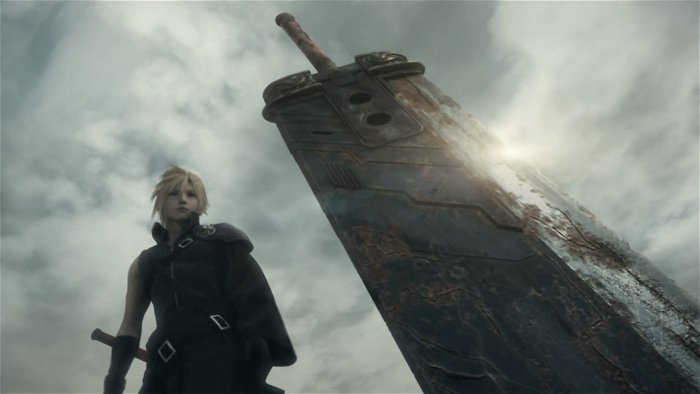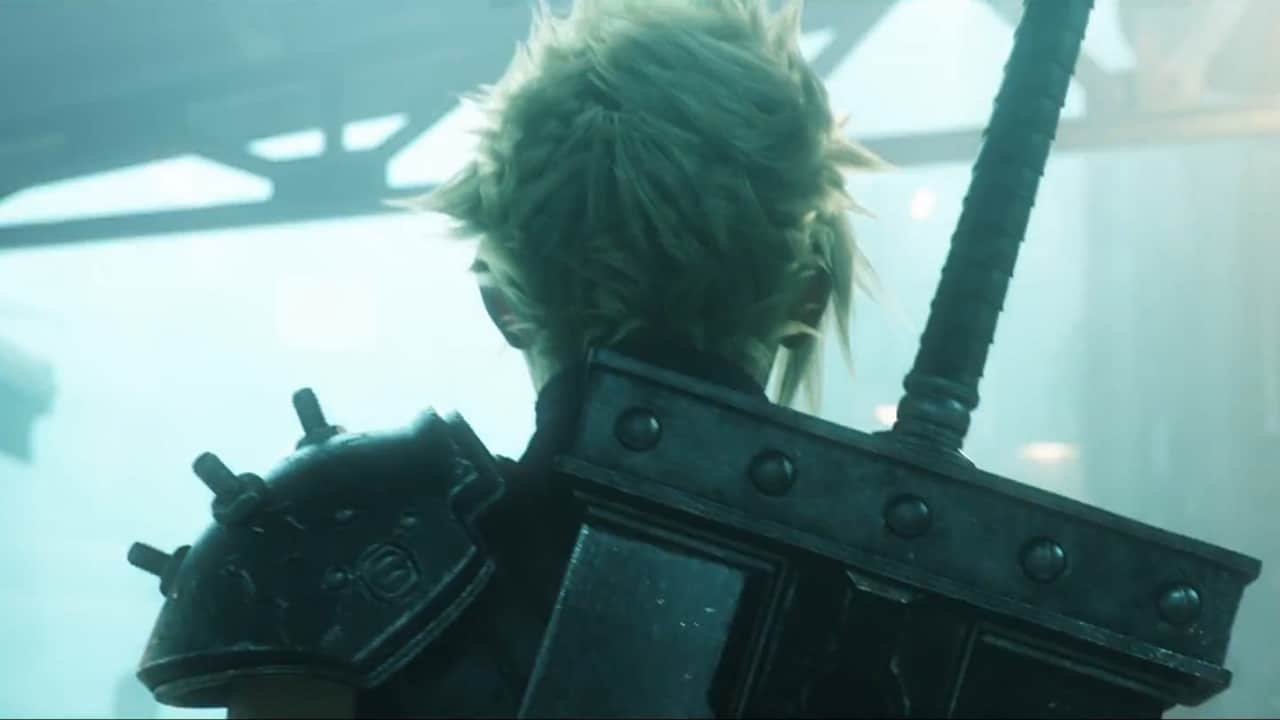People are pretty excited about Square Enix’s (provisionally titled) Final Fantasy VII Remake. After years and years of hoping for the role-playing game developer/publisher to return to what’s perhaps the most popular of its long-running Final Fantasy series, this year’s E3 finally promised just that. A quick trailer featured a few glimpses of the game’s characters and some shots of the iconic city slums that serve as the setting for the original’s opening hours. Final Fantasy VII fans were finally given an actual reason to get excited about the prospect of a remake.
To many, Final Fantasy VII remains a landmark videogame. It offered a rich, sprawling world, memorable characters, and gorgeous visuals (for the time). It was released in 1997, though, and it’s a hard game to go back to. Its early 3D models range drastically in quality, looking pretty decent in VII’s battle screens, but chunky and poorly detailed outside of them; and its dialogue reads like a poor translation, full of nonsensical phrases that make it hard to follow certain plot points or understand some characters. It makes sense, from a practical standpoint, to revisit a game like this in an attempt to fix these issues. All the same, remaking a game like Final Fantasy VII might be a losing proposition.
Remake’s director Tetsuya Nomura recently told Official PlayStation Magazine* that his studio will make “dramatic changes” to the original game’s combat system and use spin-off film Advent Children as visual inspiration. The changes Nomura has spoken about seem reasonable enough; it makes sense for Square Enix to spruce up VII’s gameplay and aesthetic, bringing it in line with the developer’s other modern releases. But it’s also a choice that is sure to upset the most devoted fans of the original. This is both the demographic most likely to be excited for Remake as well as the group that will take most poorly to deviations from the 1997 game. Anything that moves too far away from the original—whether in gameplay, audiovisual presentation, or story—will rub diehard fans the wrong way. A sensible change to, say, Barrett’s mangled, ebonics-filled dialogue will seem like too much of a departure from the original; having Cloud react slightly differently to a plot twist will mess with the characterization players have envisioned over the years.

Remaking a game like Final Fantasy VII—a game loved by so many—is never going to end with everyone getting what they want. The title’s biggest fans will be alienated by any changes made to a game they revere. But if the developer is too willing to preserve the past, maintaining the idiosyncrasies of a nearly 20 year old title will push away those interested to experience it for the first time. Can there be a happy middle ground where both new and old players alike can experience a game that caters to their interests?
That’s the issue with remakes; nostalgia colours our memories in powerful ways and, as much as we might think we’d love to see the games we love updated, the changes that an update entails are always going to tamper with the original experience. It’s impossible to revise an older work while preserving every aspect of the source material—some of which may be outright bad, but charming all the same—in the process.
Seeing a classic videogame reimagined with modern visuals, music, and gameplay is an enticing prospect. There’s a reason that so many titles—from Resident Evil to Metal Gear Solid—have benefitted from big-budget remakes: fans of the original work are eager to enjoy an updated version of what they already love. The only problem is that there will always be a significant difference between what devoted players imagine they’ll end up with and what developers actually produce. It’s this unavoidable divide that makes it worthwhile to temper expectations for a title like Final Fantasy VII Remake—one that, no matter how well produced, will never live up to its diehard fans’ imagination.




